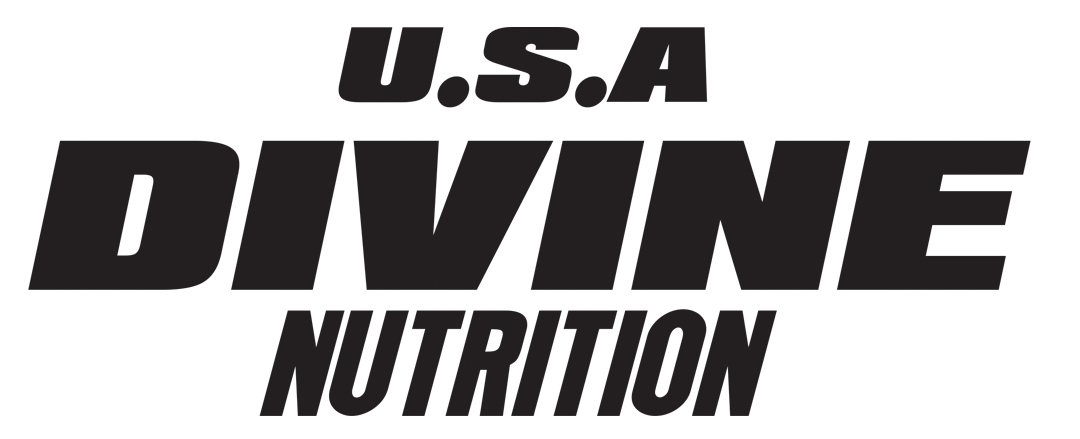Introduction
Protein timing has become an important element of maximizing the gains of protein supplementation in the fitness and nutrition scene. Though how much you take is most important, when you take it may play a large role in building muscle, losing fat, and recovery. Especially with speedy-absorbing varieties such as whey protein, properly planning your intake can be the key to reaching your full potential. In this blog, we'll examine the optimal time for whey protein consumption, supported by the science and a step-by-step guide from Divine Nutrition.
Pre-Workout vs. Post-Workout Protein
Benefits of Pre-Workout Protein
Taking whey protein prior to your workout supplies your muscles with the amino acids they need while training. A pre-workout shake, particularly one that's high in branched-chain amino acids (BCAAs) can:
-
Increase endurance and performance
-
Lower muscle breakdown during training
-
Trigger the muscle protein synthesis earlier
Whey protein, which has rapid absorption and is rich in leucine, makes a great pre-workout companion, especially if taken 30–60 minutes prior to training.
Benefits of Post-Workout Protein
This is where whey protein really shines. After an intense workout, your muscles are primed for repair and growth. Consuming whey protein immediately post-exercise helps:
-
Rapidly initiate muscle recovery
-
Replenish amino acid stores
-
Improve muscle protein synthesis rates
This period is often referred to as the "anabolic window", a short window (typically 30–60 minutes post-exercise) when your body is most efficient at using protein for repair and growth.
Scientific Findings on Muscle Recovery and Growth
Research indicates that the timing of protein intake helps performance and recovery. A study published in the Journal of the International Society of Sports Nutrition discovered that taking protein prior to and after exercise maximizes lean muscle acquisition and strength enhancement. Proximity to and consistency with exercise is most important whether or not you take whey protein before or after exercise.
Protein Timing for Weight Loss and Satiety
For individuals looking to lose body fat, the timing of protein consumption can support appetite regulation and metabolic well-being. Whey protein:
-
Enhances satiety hormones such as peptide YY
-
Decreases hunger, particularly when taken mid-morning or mid-afternoon
-
Maintains lean mass on a calorie-restricted diet
Having whey protein as a mid-day snack or as a pre-meal may lower overall calorie consumption while maintaining muscle mass, thus useful in weight loss interventions.
Nighttime Protein: Does It Support Overnight Recovery?
The concept of nighttime protein intake, specifically slow-digesting protein such as casein is common. But what about whey?
Although whey is rapidly digesting, taking a scoop at night can still be useful for:
-
Prevention of overnight muscle catabolism
-
Maintenance of lean muscle growth in the long term
-
Enhancement of morning recovery for high-training-volume athletes
While casein is still the gold standard at night, incorporating a blend containing Divine Nutrition Whey + Casein can provide prolonged amino acid delivery throughout the night.
Divine Nutrition Product Timing Guide
When to Use Various Divine Nutrition Whey Products
Divine Nutrition has a customized lineup of products, and it's simple to coordinate your objectives with optimal timing:
-
Divine Whey Isolate – Ideal post-workout for rapid recovery and lean muscle growth.
-
Divine Whey Gold – Suitable for pre- and post-workout use, providing a balanced amino acid profile.
-
Divine Mass Gainer – Ideal for post-training or in-between meals for those seeking to bulk up.
-
Divine Casein Pro – Ideal for recovery at night or extended fasts.
Sample Daily Routine for Athletes, Professionals, and Students
Athlete Routine
7 AM: Divine Pre Workout (pre-workout)
9 AM: Divine Whey Isolate (post-workout)
9 PM: Divine Casein (before sleep)
Working Professional
8 AM: Breakfast
11 AM: Divine Life Whey Gold (mid-morning snack)
6 PM: Exercise
7 PM: Divine Whey Isolate (after exercise)
Student Schedule
9 AM: Divine Life Whey Gold in smoothie (breakfast substitute)
5 PM: Divine Whey Isolate (after sport session)
10 PM: Divine Casein Pro (overnight recovery)
Conclusion
Protein timing is not just a fad among fitness enthusiasts, it's an established method to optimize your results. Whether you're aiming for muscle gain, fat loss, or recovery, knowing when to consume whey protein puts you ahead on the performance curve. With Divine Nutrition's guide to protein timing, you can schedule your day to optimal supplementation and know that you're growing with every scoop.
Frequently Asked Questions
Q1. How long after I work out should I take whey protein?
Both pre- and post-workout have advantages. Pre-workout whey delivers amino acids for performance and muscle protection, while post-workout whey enhances recovery and muscle growth.
Q2. Is it okay to consume whey protein at night?
Although casein is slower-digesting and usually taken at night, whey can continue to aid in overnight recovery, particularly following late training.
Q3. How frequently should I take whey protein for maximum effect?
1–2 servings daily after workout and/or as a snack meal. Space your dose across the day for the best effects.
Q4. Does the timing of protein really influence muscle growth?
Yes, especially for trained users. Taking protein around your workouts enhances muscle protein synthesis and recovery.
Q5. Which Divine Nutrition product should I use for post-workout recovery?
Divine Whey Isolate is your top post-workout option because of its rapid absorption and superior amino acid profile.



